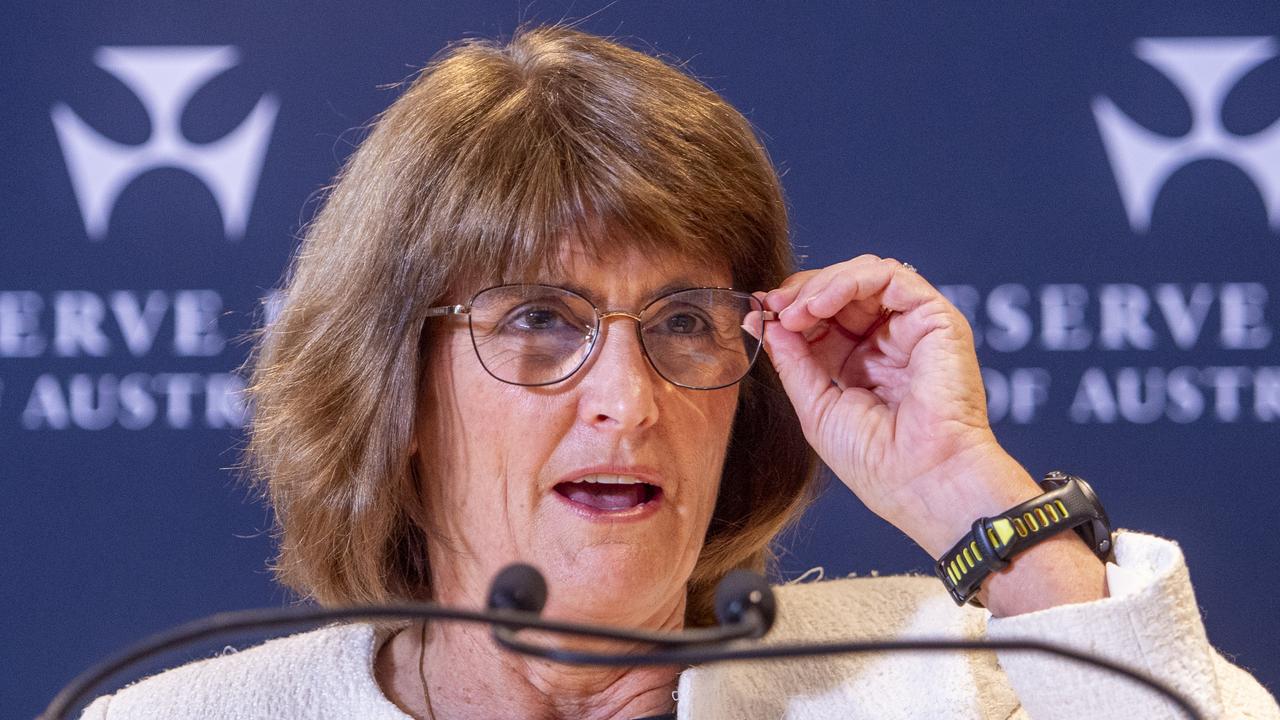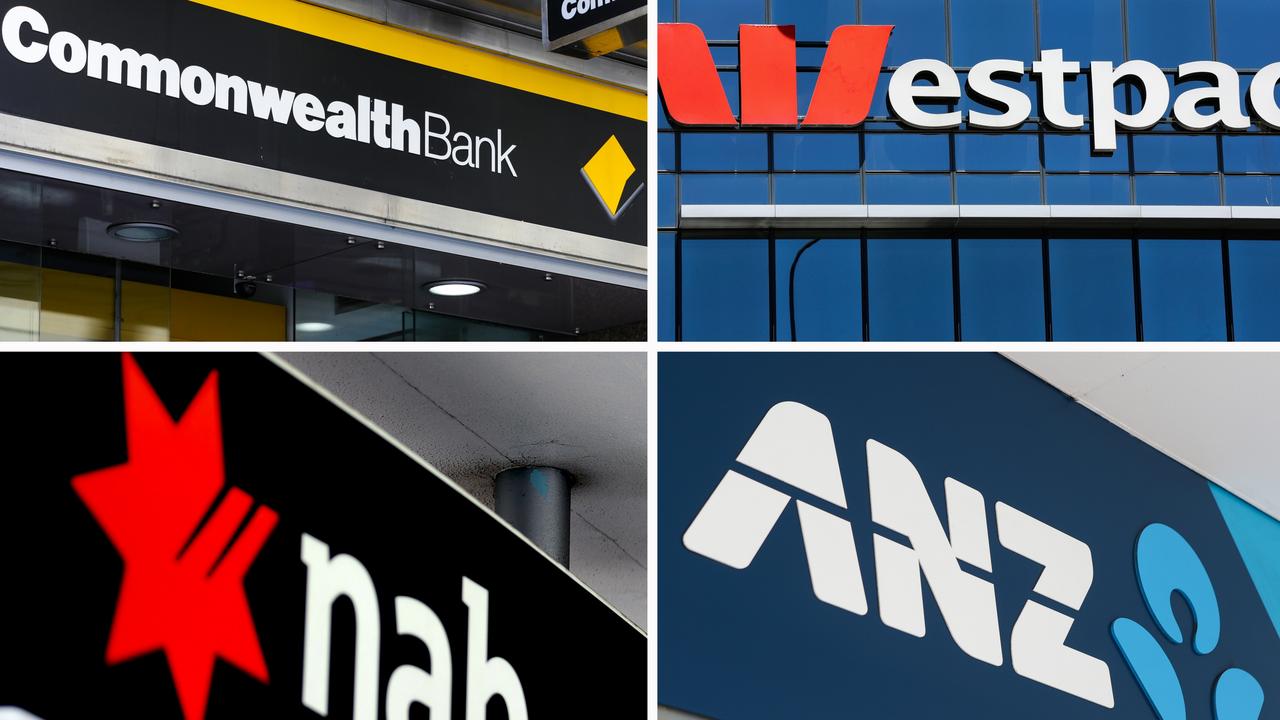Treasurer Jim Chalmers will be in Washington DC for key global meetings ahead of the May 9 budget.
Federal Treasurer Jim Chalmers says key meetings in the US this week will help shape the government’s response to global economic issues in the May budget.

Treasurer Jim Chalmers is heading to the US for a series of meetings with global financial leaders which he says will be crucial to shaping the government’s May 9 budget.
“There could not be a more important time to take the temperature of the global economy as we carefully calibrate the settings of the May budget,” Dr Chalmers said.
“Global conditions have become more complex and confronting than they were even a few months ago. Difficult and uncertain times like these demand more engagement with the world not less.”

Dr Chalmers will be joined by Treasury Secretary Steven Kennedy and Reserve Bank Governor Philip Lowe for the G20 Finance Ministers’ and Central Bank Governors’ Meeting and IMF World Bank 2023 Spring Meetings in Washington DC on April 12 to 14.
The Treasurer will meet his counterparts including US Secretary of Treasury Janet Yellen, Canada’s Deputy Prime Minister and Minister for Finance Chrystia Freeland, New Zealand Finance Minister Grant Robertson, the United Kingdom’s Chancellor of the Exchequer Jeremy Hunt and Ukraine’s Minister of Finance, Sergii Marchenko.
“Global economic uncertainty will be a key influence on our budget in May. The budget will be all about security in uncertain times,” Dr Chalmers said.
“That means these key meetings and our upcoming budget will be all about providing security for our people in uncertain times for the world.
‘Recent tremors in global financial markets have increased uncertainty and downside risks, and the IMF is now forecasting the weakest five year period for global growth in more than three decades.
‘In this uncertain environment, our job is to strike the right balance between dealing with our immediate challenges, preparing for the future and safeguarding our economy against global risks.’
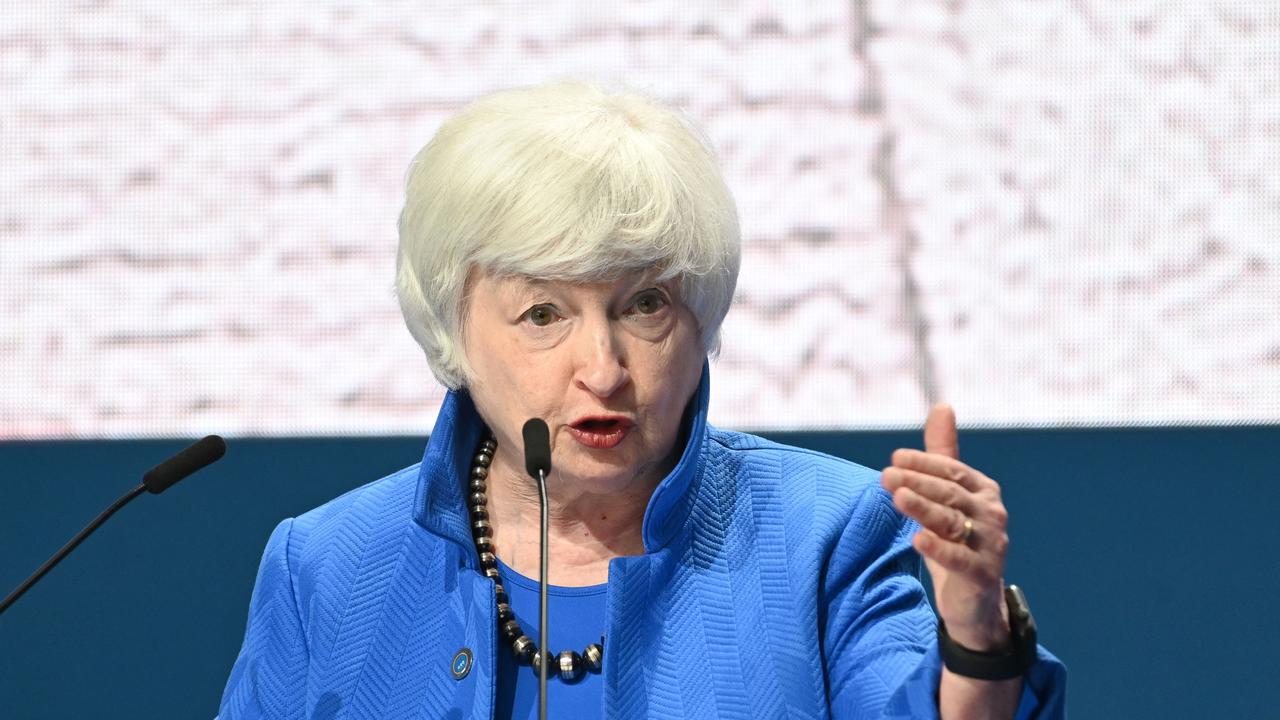
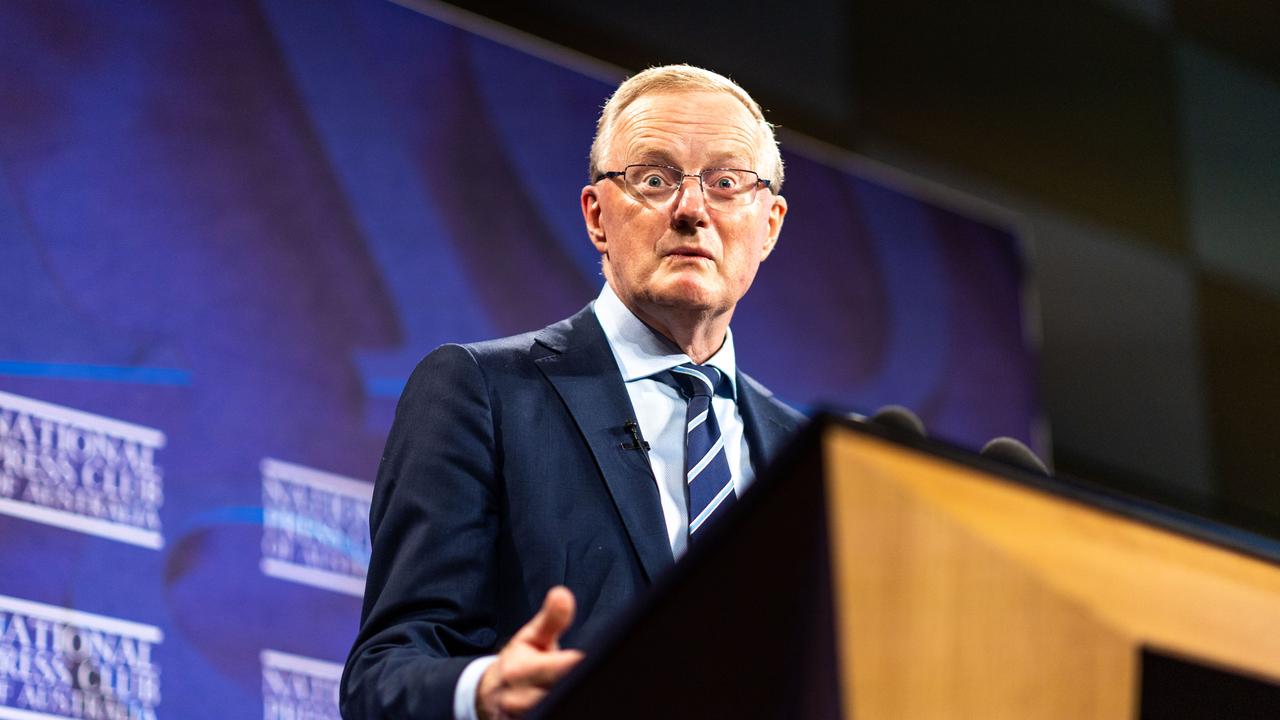
Alongside Australia, central banks around the world have been increasing interest rates to battle high inflation. The RBA had raised interest rates 10 times – from 0.1 per cent to 3.6 per cent – since May last year until March.
It decided against an 11th consecutive rise at its April meeting, but flagged more rises could be on the way. It will meet again to decide on rates a week before the May budget.
The Russian war against Ukraine is continuing to impact global markets, alongside weakening growth, inflation, interest rates and growing cost of living pressures.
Also of concern is weakness in the international banking sector, with the recent collapse of two banks in the US and the sale of Credit Suisse – once among the 30 financial institutions known as globally systemically important banks – in Switzerland.
Banking giant UBS bought its troubled rival Credit Suisse for almost $3.25 billion, in a deal orchestrated by regulators in an effort to avoid further market-shaking turmoil in the global banking system.
Swiss authorities pushed for UBS to take over its smaller rival after a plan for Credit Suisse to borrow up to 50 billion francs ($54 billion) failed to reassure investors and the bank’s customers.
That came after the US’ 18th largest bank – Silicon Valley Bank (SVB), based near San Jose – closed its doors after the California state government and US federal government stepped in after fears it woes could spread to the rest of the banking sector.
It’s the biggest bank failure in the US since 2008 when Washington Mutual collapsed in the middle of the global financial crisis.
The Reserve Bank and Albanese government says Australian banks are in a strong position because they are “well regulated, well capitalised, profitable and highly liquid”.
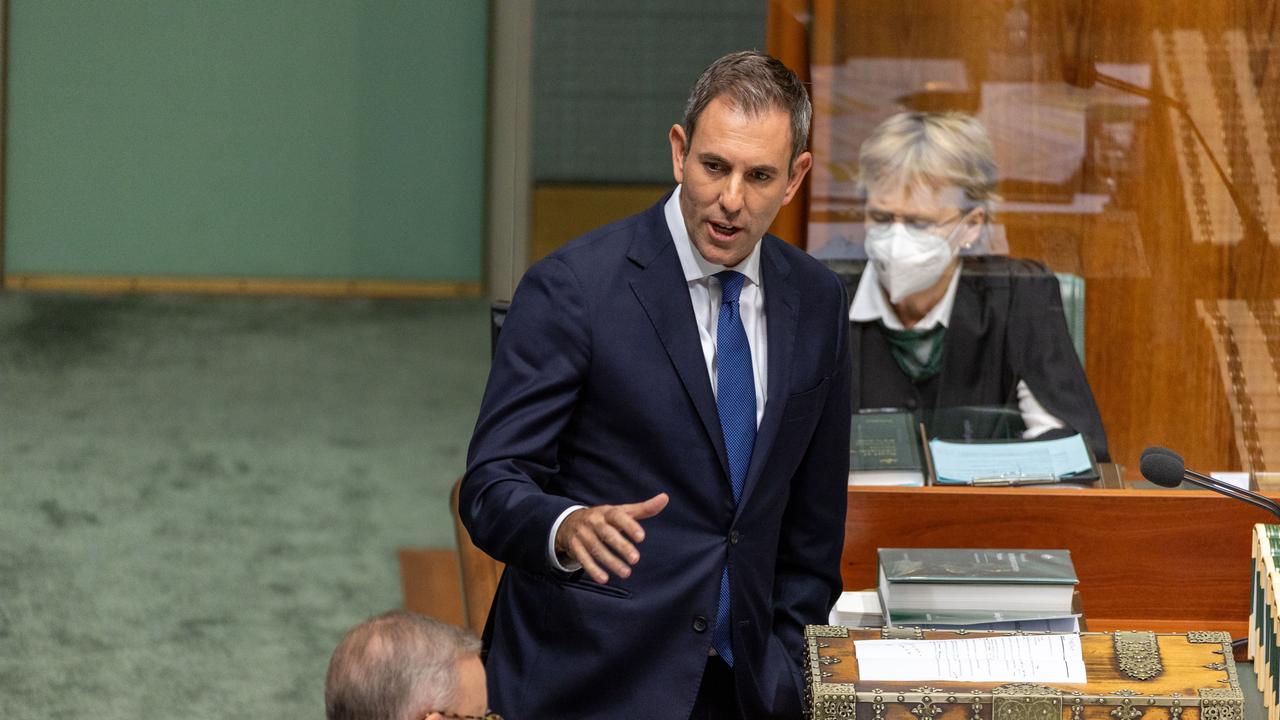
Dr Chalmers will hand down his second budget since the election of the Albanese Labor government last May.
Since the first budget in October, cost of living pressures have worsened and the IMF has flagged the outlook for global growth over the next five years would be the weakest since 1990.
The bulk of the work on the federal budget is understood to have been completed, with any revisions or finishing touches to be added before next month.
The budget is expected to include funding to cover energy bill rebates which the government promised late last year when it legislated caps on the wholesale cost of coal and gas in an attempt to rein in soaring electricity prices.
But Labor has indicated there won’t be any direct cash handouts in the budget because of fears these would only make inflation worse even if they temporarily helped Australians struggling with the cost of living.
“That’s why our focus is on delivering a responsible budget that provides targeted cost-of-living relief without adding to inflation, lays the foundations for future growth and builds our resilience to international shocks,” Dr Chalmers said ahead of the US trip.



